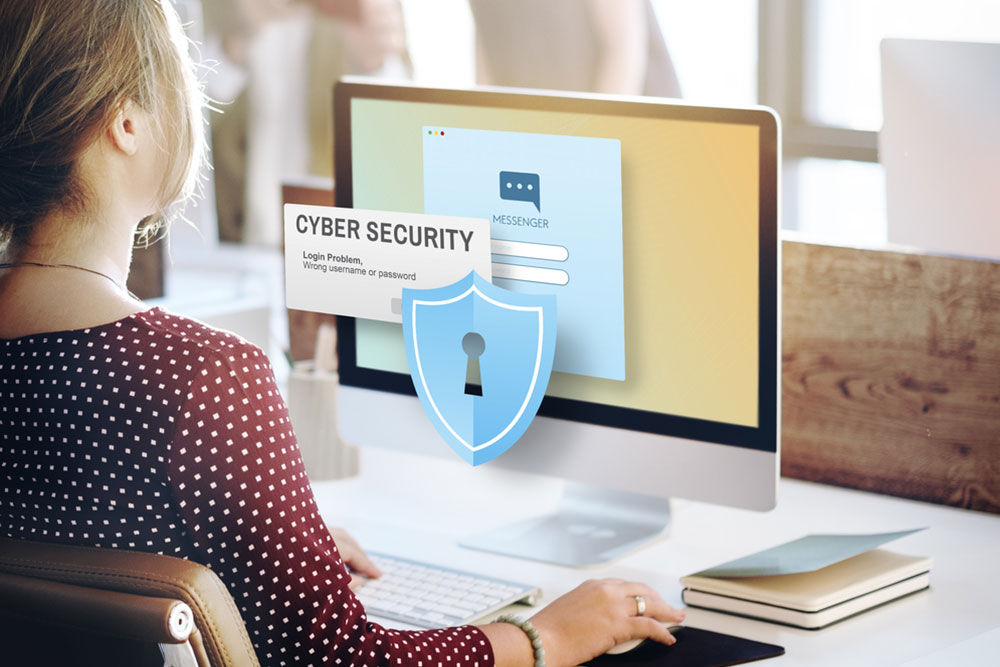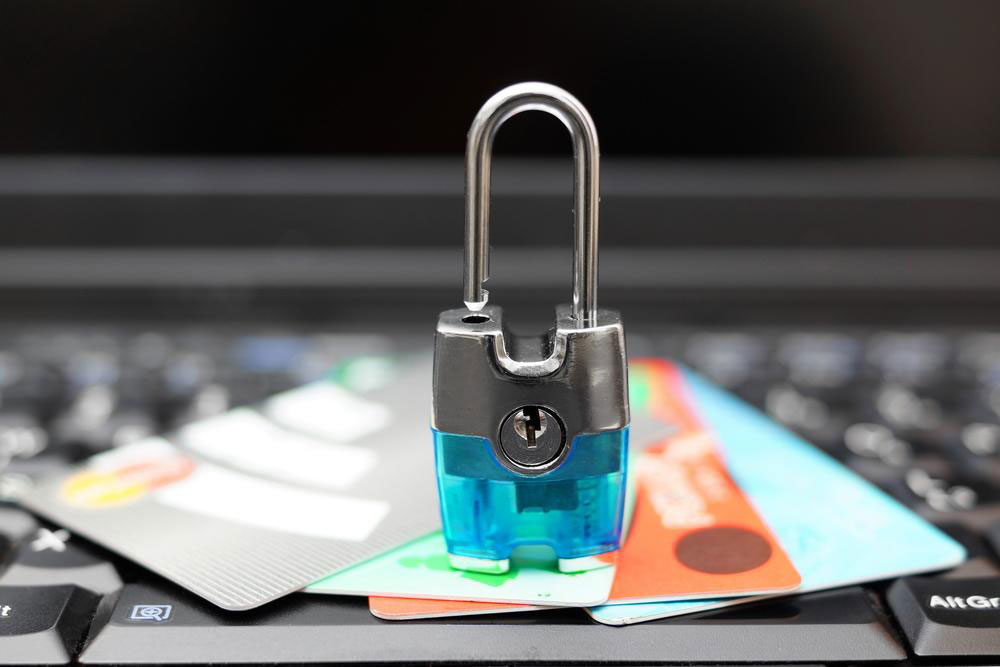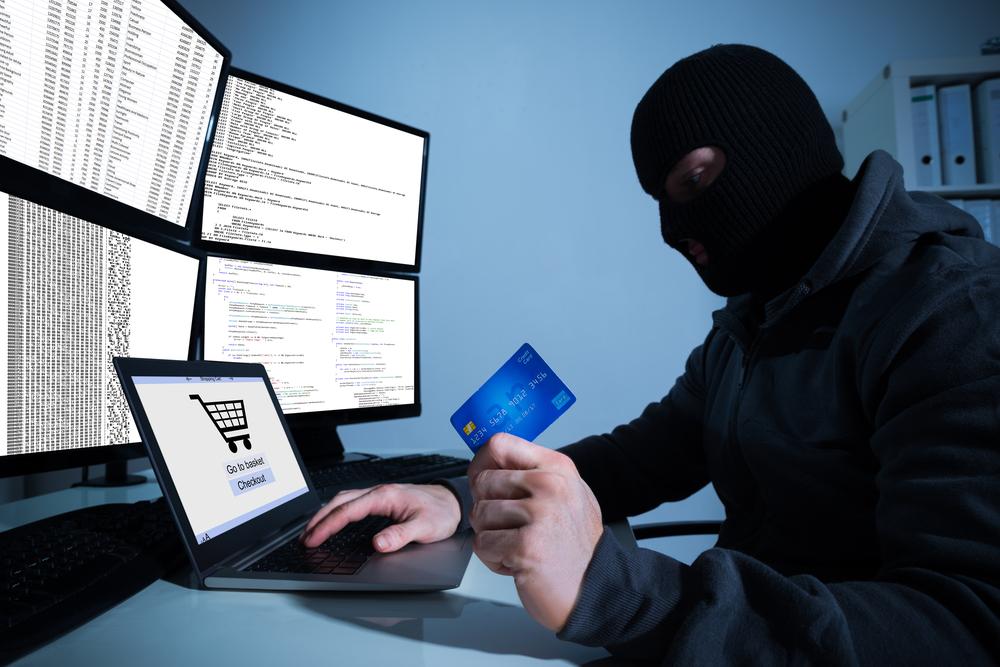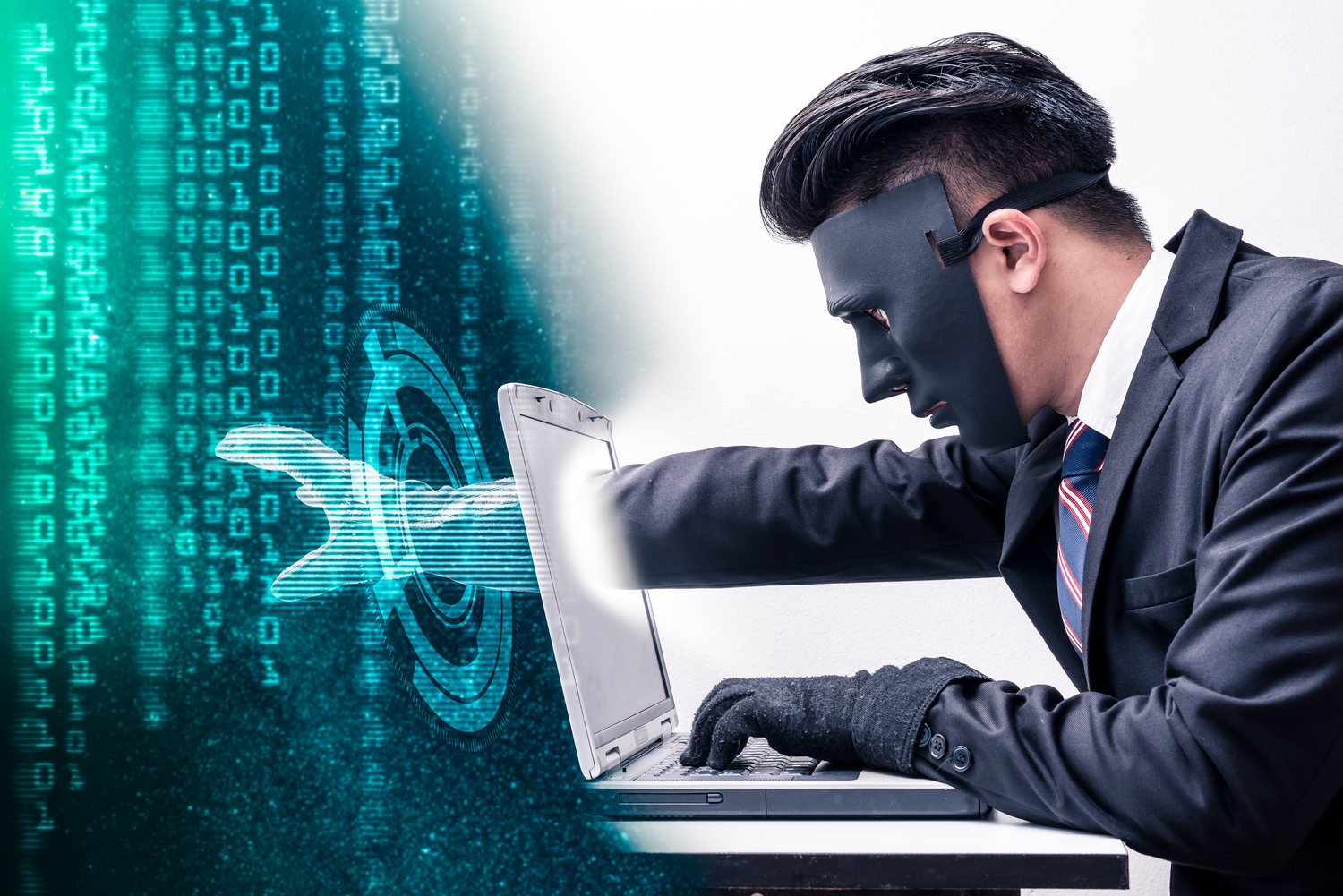Essential Strategies to Safeguard Your Identity
Learn essential methods to protect your personal identity from theft. This guide offers practical tips on safeguarding your wallet, online activities, and personal information. By following these strategies, you can minimize risks and stay secure in an increasingly digital world. Protect your data effectively today with simple and effective steps that create a safer environment for your sensitive information.
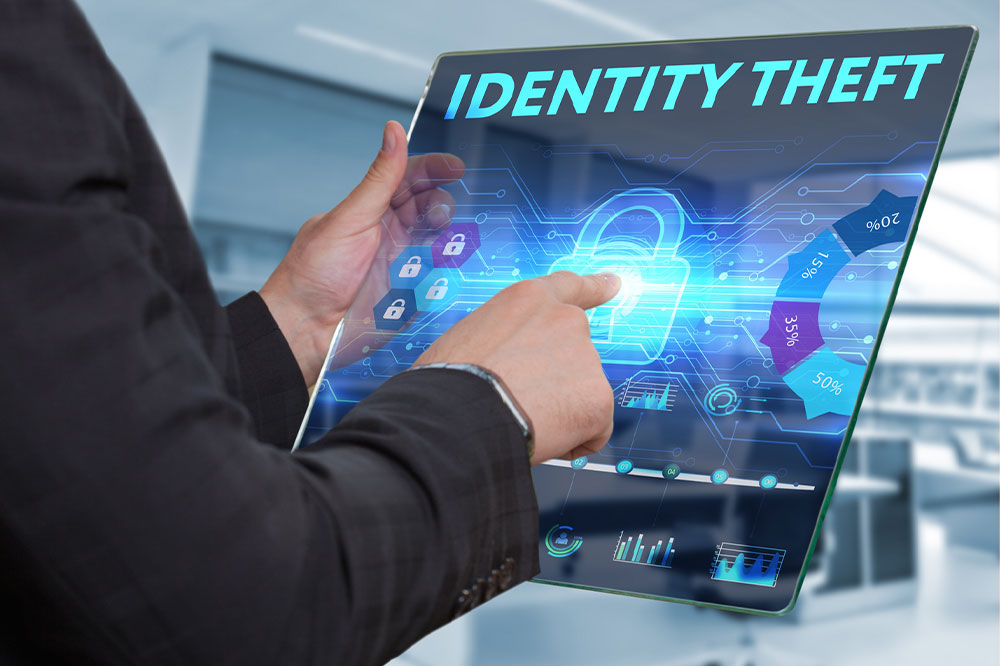
Essential Strategies to Safeguard Your Identity
Identity theft involves unlawfully acquiring someone’s personal information, often for monetary gain or malicious intent. Criminals target credit cards, bank accounts, personal documents, and online passwords, making it a serious violation of privacy and trust. Protecting your identity is crucial to prevent financial loss and fraud. By adopting effective security measures, individuals can create a safer environment for their personal data. It’s important to build strong defenses around your accounts, documents, and online activities to reduce the risk of falling victim to such crimes.
Below are the top ten ways to enhance your identity protection strategies. Implementing these tips will significantly improve your defenses against identity theft.
Secure Your Wallet
Always keep your wallet or purse close in public and avoid leaving it unattended. Carry your credit cards and IDs securely to prevent theft. Be cautious about how and where you carry your belongings, especially in crowded places. A secure wallet reduces opportunities for criminals to steal your sensitive information.
Be Vigilant with Online Forms
Check the authenticity of online forms before submitting personal information. Ensure the website is secure and trustworthy. Sharing details on fraudulent or unverified sites can lead to identity theft. Always be cautious and verify the legitimacy of forms that request your data.
Guard Online Transactions
With digital payments becoming routine, use trusted platforms for online transactions. Use secure internet connections and avoid public Wi-Fi networks when making sensitive transactions. Being cautious helps prevent hackers from intercepting your data.
Protect Credit Card Details
Share your credit card information only with trusted sources for legitimate reasons. Be aware of who is requesting your details and why. Regularly monitor your card statements for unauthorized charges.
Inspect ATM Environments
Before using an ATM, check the surrounding area. Avoid machines in poorly lit or isolated locations. Report any suspicious behavior or devices attached to ATMs to authorities. Your vigilance can prevent skimming and fraud.
Be Wary of Suspicious Salespersons
Stay alert around salespeople who seem overly aggressive or suspicious. Do not share personal or financial information with strangers. Protecting your data includes avoiding untrustworthy solicitors.
Regularly Review Account Activity
Keep an eye on your bank and online account statements regularly. Look for unauthorized transactions or unusual activity. Promptly report any discrepancies to your bank to mitigate potential damage.
Choose a Secure Storage Solution
Store sensitive documents and private information in a hidden, secure location accessible only to you. Use safes or secure digital storage to prevent unauthorized access.
Monitor Your Mail
Check your mail daily for any unexpected or suspicious correspondence. Avoid mailing sensitive information unless necessary, and consider using secure drop-off options when possible.
Create Strong Passwords
Use unique, complex passwords that are difficult to guess. Avoid common passwords like birthdays or simple keyboard patterns. Strong passwords are essential for protecting online accounts and data.
Your personal identity is invaluable; safeguarding it is essential in a digital age rife with threats. Taking proactive steps to protect your data can prevent the devastating consequences of identity theft. Stay vigilant, informed, and secure to maintain peace of mind.

